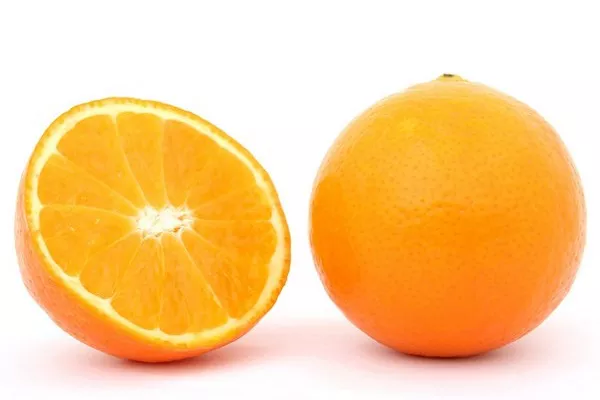If you’re looking to build muscle, you’ve probably heard that protein is an essential nutrient. Protein provides the building blocks your body needs to repair and grow muscle tissue after a workout. But how much protein do you really need after a workout? In this article, we’ll explore the science behind protein consumption post-workout and how you can optimize your intake for maximum muscle growth and recovery.
Protein and Muscle Growth
Before we dive into how much protein you need after a workout, let’s take a moment to understand why protein is important for muscle growth. When you exercise, you create small tears in your muscle fibers. These tears need to be repaired to make your muscles stronger and more resilient. Protein provides the amino acids needed to repair and rebuild muscle tissue after exercise, helping to improve muscle size and strength over time.
The Role of Timing
While protein consumption is important for muscle growth, timing also plays a significant role. The period after a workout, known as the post-workout window, is when your muscles are most receptive to protein synthesis. Consuming protein during this period can help optimize muscle growth and recovery.
Research suggests that consuming protein within 30 minutes to one hour after a workout can increase muscle protein synthesis, leading to greater muscle growth over time . This period is commonly referred to as the “anabolic window” and is believed to last up to four hours after a workout.
Protein Requirements
So, how much protein do you need after a workout to maximize muscle growth and recovery? The answer depends on several factors, including your body weight, exercise intensity, and goals.
The recommended daily intake of protein is around 0.8 grams per kilogram of body weight per day for sedentary individuals (2). However, athletes and individuals engaging in high-intensity exercise may require more protein to support muscle growth and recovery.
Research suggests that consuming around 20-30 grams of protein post-workout can optimize muscle growth and recovery (3). This amount is believed to be enough to stimulate muscle protein synthesis without increasing the risk of overconsumption or potential negative side effects.
It’s also important to note that protein requirements can vary based on individual factors such as age, sex, and training status. Consulting with a registered dietitian or sports nutritionist can help determine your specific protein needs based on your goals and lifestyle factors.
Sources of Protein
In addition to understanding how much protein you need after a workout, it’s also essential to consider the source of your protein. Consuming high-quality protein sources can help ensure you’re getting the amino acids needed for optimal muscle growth and recovery.
Some excellent sources of protein include:
- Lean meats such as chicken, turkey, and beef
- Fish and seafood such as salmon and tuna
- Eggs and egg whites
- Dairy products such as Greek yogurt and cottage cheese
- Plant-based protein sources such as beans, lentils, and tofu
While protein supplements such as whey protein powder can be convenient options, it’s important to remember that whole food sources are generally more nutrient-dense and contain additional vitamins and minerals that can support overall health.
Timing Considerations
Finally, it’s important to consider timing when it comes to consuming protein after a workout. As we mentioned earlier, consuming protein within the post-workout window can help optimize muscle growth and recovery.
However, it’s also important to consume protein throughout the day to support ongoing muscle growth and recovery. Consuming protein at regular intervals, such as every 3-4 hours, can help ensure your muscles have a steady supply of amino acids needed for repair and growth.
Conclusion
In conclusion, consuming protein after a workout is essential for maximizing muscle growth and recovery. Consuming around 20-30 grams of protein within the post-workout window can help stimulate muscle protein synthesis and support ongoing growth. However, it’s also important to consider protein intake throughout the day to ensure your muscles have a steady supply of amino acids. Focusing on high-quality protein sources such as lean meats, fish, eggs, and plant-based options can help provide the nutrients needed for optimal muscle growth and recovery. By understanding the science behind protein consumption and timing, you can optimize your nutrition to achieve your fitness goals.
Related topics:


